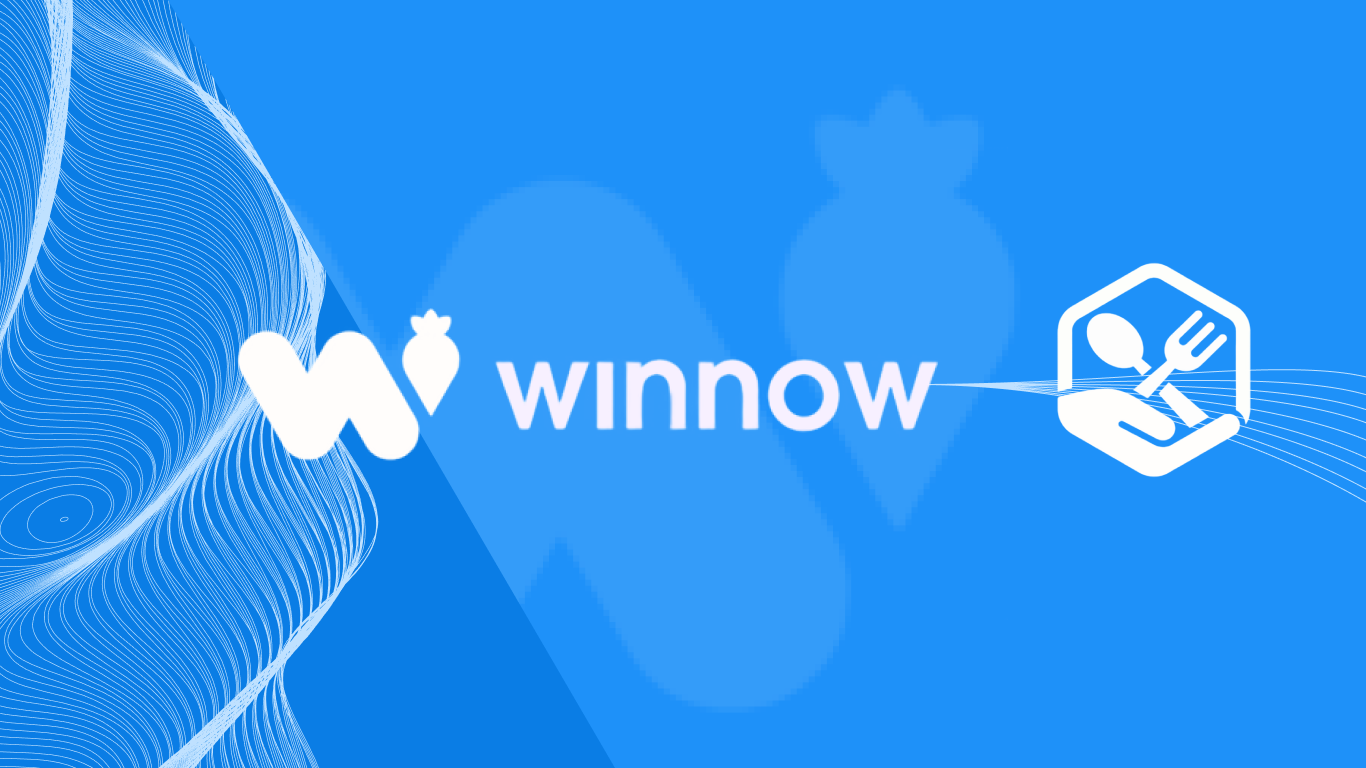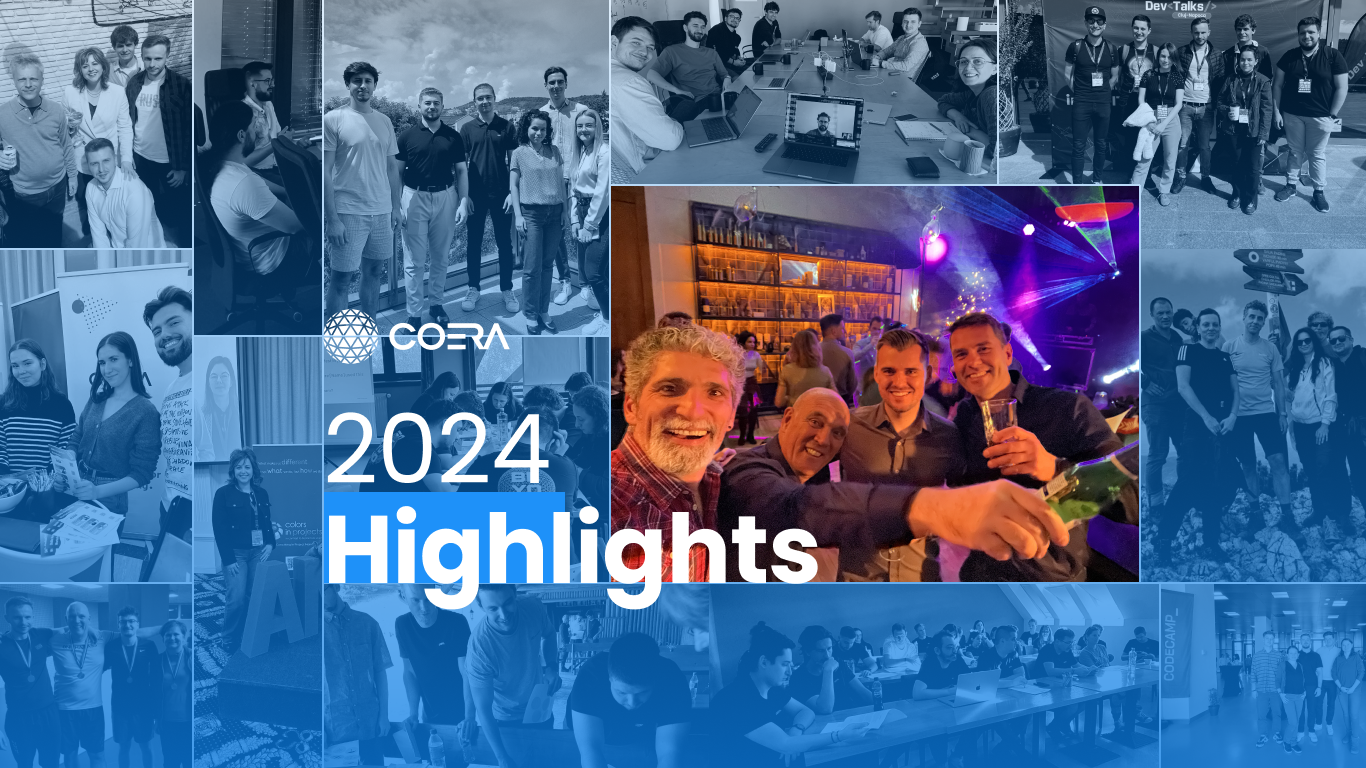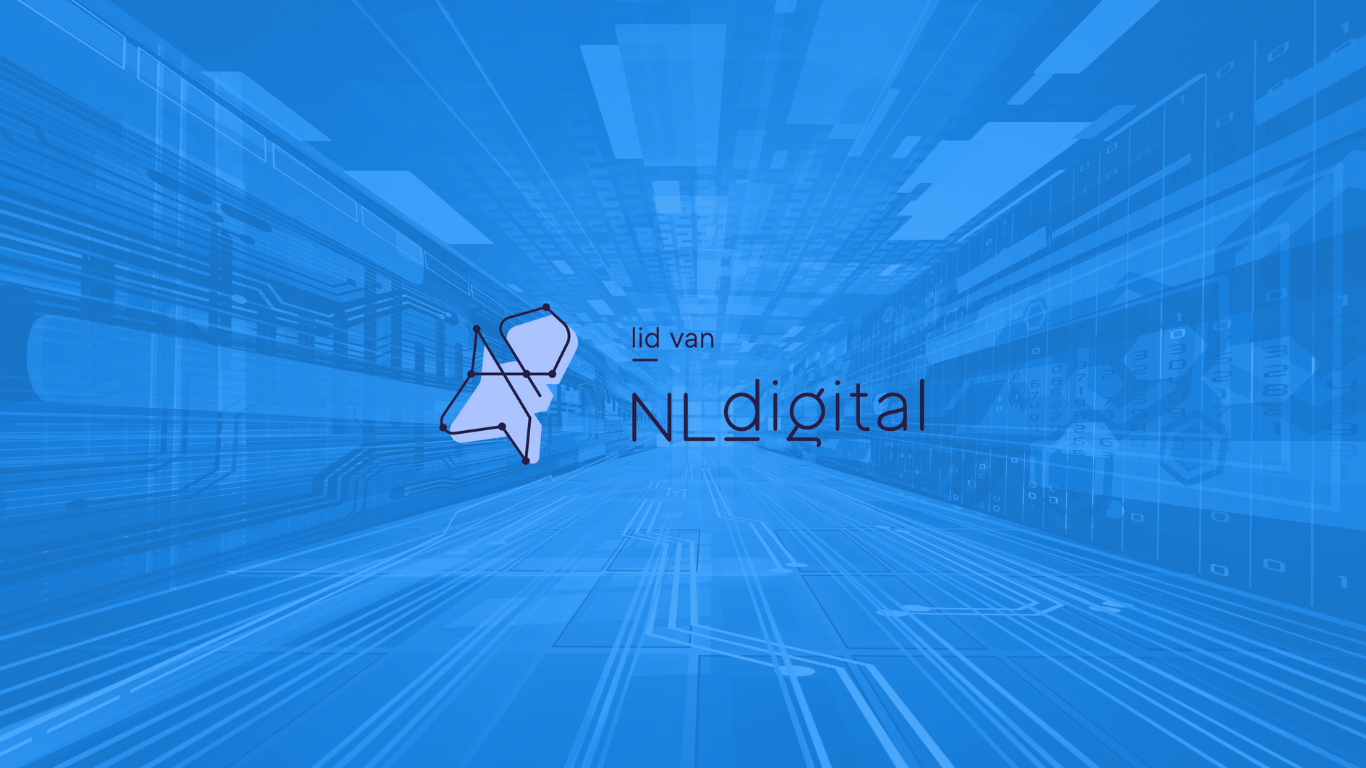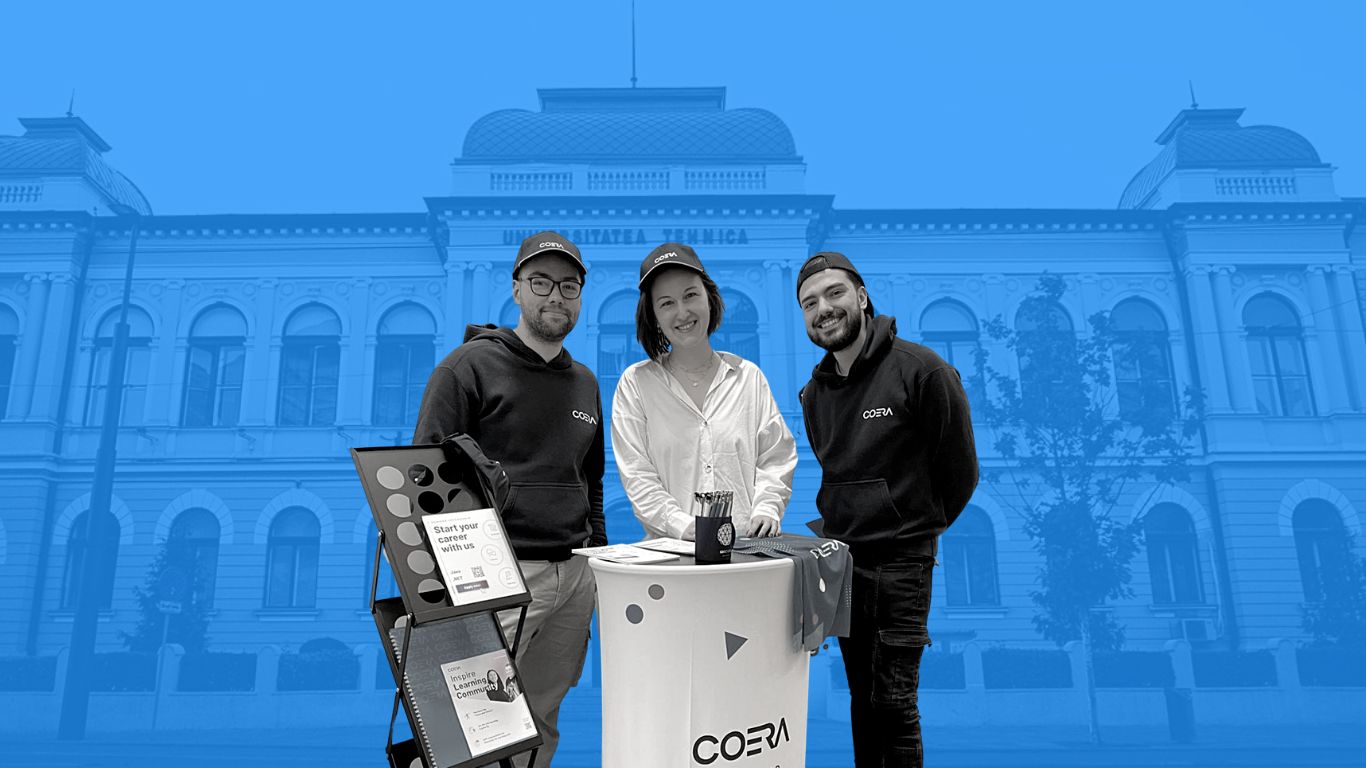In 2022 after two years of online conferences we were finally able to participate at an offline event in the beautiful city of Barcelona. Our colleague Zoli volunteered to tell us a bit about his overall experience as a first timer at Spring I\O and the learnings he came home with.
Let’s get into it.
As I hear this was your first-time attending Spring I\O. And you were lucky to do it offline as well. How was it?
Zoli: Actually, this was my first time both at the Spring I\O and in Barcelona too, so it was a 2-in-1 experience. About the event... we could sense a bit that it was organized online in the last two years. There were a few „glitches” such as microphones weren’t working, speaks started late or people have forgotten to zoom-in when they were live-coding. Funny really, if you think about it like after 2 years of online-everything, have to re-learn how to do these kinds of presentations.
The location was also amazing! I really appreciated the majestic city, especially the Catalonia square and Montjuïc, where the Spring I\O took place – here, you could climb up the stairs to a view of the whole city beneath you.
Did it live up to your expectations? What did you learn?
Zoli: I heard a lot about Spring I\O, and it really was a good experience. I don’t think you go to conferences expecting to learn a lot.... but more to broaden your horizon, to hear new ideas and to learn about the current trends in the industry. The speakers don’t necessarily share a lot of full-depth details, but they mention high-level descriptions, new solutions you might not have known you could use. There were a lot of talks about challenges and how the speakers solved them or how they built tools the market lacked. For example JobRunr, an open source library for background processing in Java. The speaker, Ronald Dehuysser started working on this in 2020 because he was searching for similar tools, but none of what he could find were safe enough or showed the overview of tasks, so he created one. And now he came to present and promote it.
Which were the most interesting lectures/presentations you participated at? In what way did they contribute to the tech community’s development?
Zoli:There was this cool talk about Spring Native & AOT with two speakers who work on Spring Boot. They explained the new release (coming in autumn!), what they did and why, how it will work, why should or shouldn’t you use it. It was nice to get a-behind-the-scenes view on it.
I think these talks have a positive impact on the tech community, they boost the flow of information, letting it get to more people (they should be on YouTube by now). They are eye-openers, you’ll learn about the trends, get a heads-up on what’s new, what’s coming.
Which were the learnings you came home with? Do you find them relevant in your day-to-day work?
Zoli: I understood what Spring Native intended to be and why do we need Spring AOT (we will definitely be using it when it comes out!). Another talk, that grabbed my attention was about the architecture of the applications. As you might know, there are two ways of writing modular applications: either with vertical modules or horizontal modules. The most used one is the horizontal one, the so called layered- architecture. In this talk, they presented the vertical one: why could it be better and how to get to the relevant design. This is rather a way of thinking, and how do you organize, and a bit manage the project. For a bigger product, like the Hedging platform we are working on, if you use the layered structure, then the different teams are not separated enough, but with vertical module the code and therefore the teams are better isolated. So, this is an alternative way of working – can be the base of debate, and in my opinion, it depends on the situations. But the speaker was quite entertaining with several good points, and it was nice to see his point of view.
What eye-opener do you think COERA should pay attention to?
Zoli: The solutions others discovered working on problems. For example, the boys from my team were at an exciting talk about Kafka a few years ago and we decided that this is exactly what we needed and really it solved a lot of problems for us too. Based on this, we might have heard the solutions we will need in a few months.
What topic would you like to hear/learn about at the next Spring I/O?
Zoli: I was at a very interesting talk, that presented the new Spring Authorization Server – this is a new project with a history. This new version it’s in its initial state, but I am curious to see how it will evolve, how serious they are about the decisions they made and how further can they develop it.
Any famous last words?
Zoli: I think everyone should participate in Spring I\O, at least once, if they work with Spring, because:
1. They’ll hear new ideas, and meet the community working with the framework, which is something you rarely do besides events like this;
2. They’ll get the chance to talk face-to-face with the people working on the framework;
If you have a deep problem to which you cannot find a solution, this is the moment to shake hands with the developer directly. Like we did, at the “after event” on the first day, when we were at the bar, some speakers came up to us from the table besides and started a conversation with us. It was nice to see how open people were.









